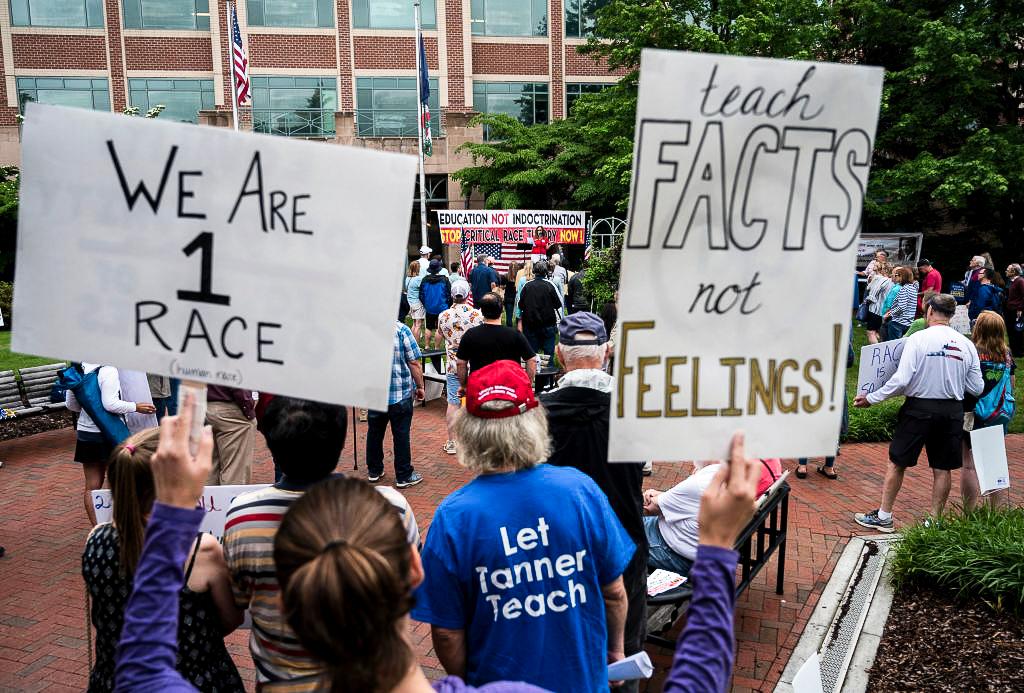New Hampshire legislators behind a ban on the instruction of “divisive concepts” on race and gender in K-12 classrooms say they plan to challenge the recent federal court ruling that overturned their 2021 state law.
New Hampshire U.S. District Court Judge Paul J. Barbadoro ruled on May 28 that the Granite State’s legislation that limits instruction about race and gender in classrooms is “unconstitutionally vague” and invites arbitrary enforcement against teachers accused of violating the law.





